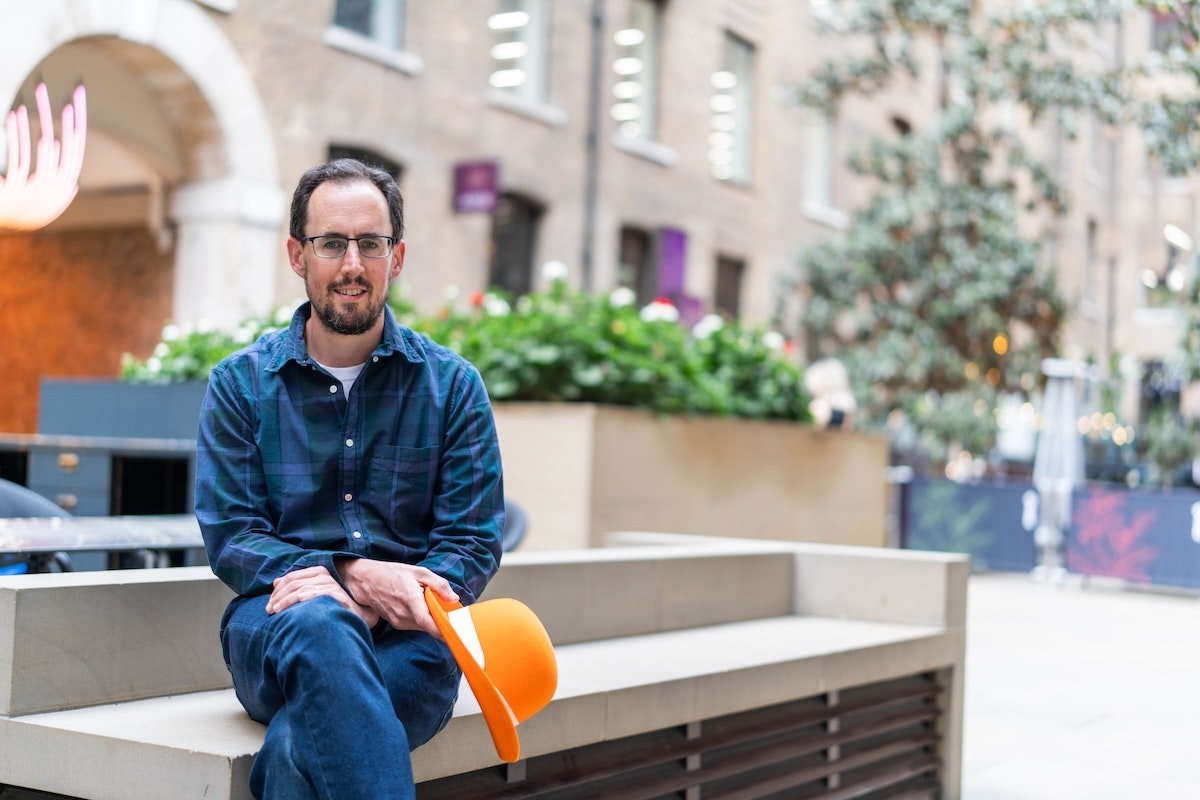Gone are the days when those with capital would put it in the hands of wealth managers, who invested on their behalf and simply noted their successes (or failures) in quarterly reports.
A new generation of investors (and some of the older ones too) are demanding more control and accountability and are confident in going it alone, with all the risks that entails.
A proliferation of wealthtech platforms and apps are allowing users to invest for themselves, often commission-free, with just a click of a button, while new wealth-generating assets like cryptocurrencies or non-fungible tokens (NFTs) are spreading like wildfire.
Almost 12% of the UK adult population use at least one investment app
We are seeing a seismic shift in the way people are managing their money and what they invest in.
Europe plays catch-up
A new cohort of startups and investors are increasingly helping to meet changing investment needs.
The US has been the innovation frontrunner in wealthtech, from Wealthfront and Betterment, two market leaders in the robo-advisory industry allowing people to invest in financial products using an automated and low-cost model, to Robinhood, the app that became a phenomenon this year when independent traders used it to boost the value of struggling companies like GameStop — an event that shook Wall Street.
But now European startups are following their US peers into the consumer wealthtech market.
Europe's wealthtech frontrunners
A clean interface, effective marketing campaign and strong brand have allowed London's Nutmeg to win market dominance, raising funding from big finance players like Schroders, Balderton Capital and Goldman Sachs as its grown to hold over £3bn in assets under management. The company was recently acquired by investment bank JP Morgan.
Germany’s Trade Republic is Europe’s other big business-to-consumer, or B2C, investment success story. In May, the Berlin-based startup raised one of the biggest investment rounds in European fintech history to reach a $5.3bn valuation.
Savings and wealth are a multitrillion-dollar market
Europe is also home to a raft of low-fee digital brokers including Bux, eToro, Revolut and Freetrade, along with crypto and digital asset trading startups like Bitpanda.
A second big trend is B2B startups helping wealth managers digitise. The sector is known to be conservative, especially in Europe, and is somewhat cautious about moves into alternative assets like private equity, venture capital, real estate and hedge funds.
Companies like TrueLayer and FundSense are building application programming interfaces (APIs) that connect the often-complex legacy and backup systems used by wealth managers, and their low-code/no-code approach allows them to quickly demonstrate ideas and empower clients to take on the technology themselves.
Investment apps flourish
A growing number of younger people are becoming actively involved in their wealth management.
“Savings and wealth are a multitrillion-dollar market,” says Johan Brenner, Stockholm-based general partner at Creandum, an early-stage venture firm, and cofounder of eTrade, a European digital broker.
“The zero-interest rate environment has created a pension gap problem in many countries and that, together with zero commission models, has lowered the threshold for consumers to get into this market," he adds. "The big picture is in favour of wealthtech.”
If wealth managers don’t modernise, they will lose their clients
In July App Radar, a marketing and optimisation company for app stores, reported that around 6.4m people in the UK, almost 12% of the adult population, use at least one investment app to manage their savings, almost double the number from March last year.
Meanwhile, the top 10 investment apps gained an estimated 1.6m users on the Google Play Store over that same period. UK-based money management app Plum was one of the biggest winners, App Radar found, with over 380k new users, an 80% increase.
A Netflix-style experience
Wealth managers need to quicken their step to match shifting customer demand, experts say, and that will mean doing more with digital.
“Asset managers realise they can’t sell funds by banging out a fact sheet once a month, and on the wealth management side it’s no longer enough to have five or six [investment] baskets,” says Jamie Keen, cofounder at FundSense, a low code/no code startup that brings automation and artificial intelligence to the wealth management industry.
People are used to the Netflix or Amazon experience and want a hyper-personalised service, he adds. "If wealth managers don’t modernise they will lose their clients, who are more willing to switch than ever before.”
For a deep-dive on Europe's wealthtech industry, download the latest Sifted report here.



